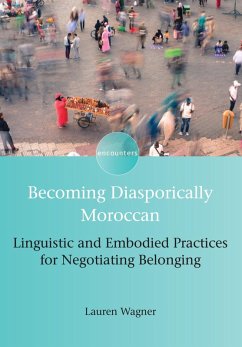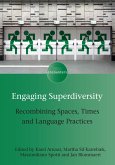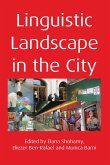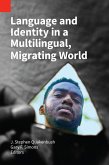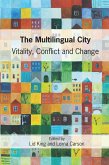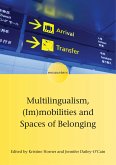Questions persist about post-migrant generations and their sense of belonging in one homeland or another. As descendants of migrants, 'second' and further generations often struggle to establish an unproblematic belonging in/to a resident homeland, as the place where they live and work but are often categorized as 'outsiders'. Simultaneously, because of improving access to travel, they can also maintain a physical presence in an ancestral homeland. However, their encounters there may also problematize their sense of belonging. During their summertime visits to Morocco, the European-Moroccan participants in this ethnography repeatedly find themselves negotiating a sense of belonging in the 'homeland'. This book analyzes how these negotiations take place in order to investigate how the categories of 'diasporic' and 'Moroccan' become shaped by the interactional encounters observed. In the setting of Morocco, where trajectories to and from Europe have colored several centuries of history, this book provides a framework to explore how migration and return become incorporated into contemporary 'Moroccanness'.
Dieser Download kann aus rechtlichen Gründen nur mit Rechnungsadresse in A, D ausgeliefert werden.

